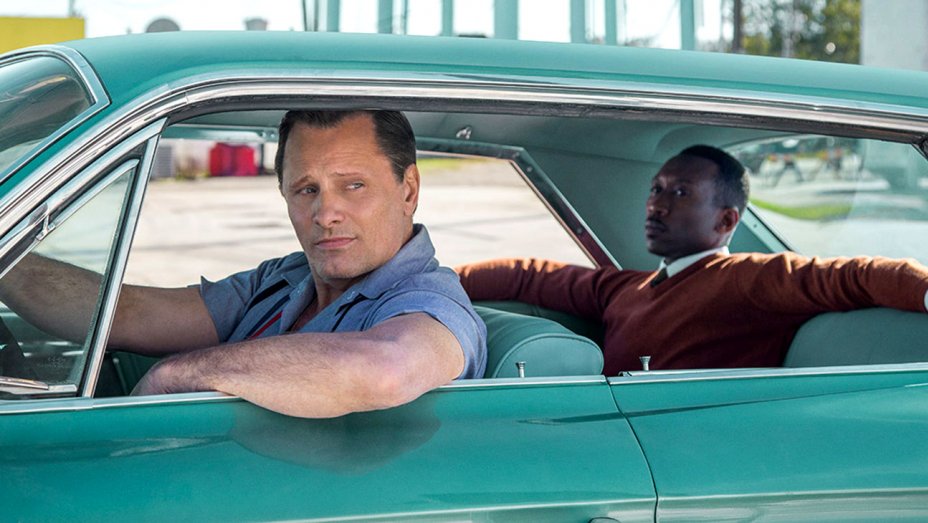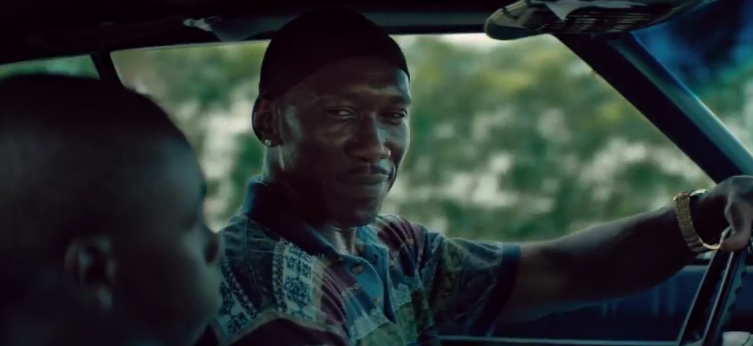
Set in 1962, Green Book is the story of Tony Lip (a burly Viggo Mortensen), an Italian-American bouncer at the Copacabana, who is enlisted to accompany a highbrow African-American musician Don Shirley (Mahershala Ali) on a concert tour of the American South. The title refers to the pamphlet that listed African-American-friendly accommodations in the segregated South.
These guys are an odd couple – one culturally refined and intellectually curious, the other decidedly not. Tony uses his imposing physical presence, comfort with violence and uncommon chutzpah to navigate life. Not surprisingly, given his Bronx working class background, he is racist by today’s standard. Shirley, on the other hand, is a sometimes fastidious Renaissance Man. Each underestimates the other UNTIL …
Green Book is a great movie because it transcends the odd couple movie formula by probing the depths of these characters. Tony is irascible and enjoys disregarding the niceties of rules; early in Green Book, he see him park his car next to a fire hydrant, dump out the contents of a garbage can and then use the can to hood the hydrant. He knows his way around the world of Wise Guys. His appetite for his favorite foods (even in mass quantities) is admirable. He is comfortable in his own skin and resists self-improvement (until he needs some help with romantic letters to his wife). In Green Book, Tony Lip is not impressed by ANYTHING until he hears Don Shirley play piano.
The hyper-achiever Shirley, in contrast, is decidedly not comfortable in his own skin. He is isolated from whites by racism and isolated from most blacks culturally. Shirley is moody – there are multiple roots to his dissatisfaction and unhappiness – and one particular root is revealed later in the film. Ali’s Shirley flashes an insincere showbiz smile to accept an audience’s applause, but is otherwise obsessed with always maintaining his dignity on his terms.
To their surprise, both men are affected by the other. As inhabited by Mortensen and Ali, these are two of the most compelling characters in any odd couple movie, road trip movie or civil rights movie.
An early title says that Green Book is “inspired by true story”, and the closing credits show us the real people who are portrayed. Peter Farrelly deserves massive praise for having snagged the rights to this story and recognizing what could be done with it. Tony Lip is a marvelous character, and Viggo Mortensen’s performance in Green Book is one of the great pleasures of this year in the movies.

